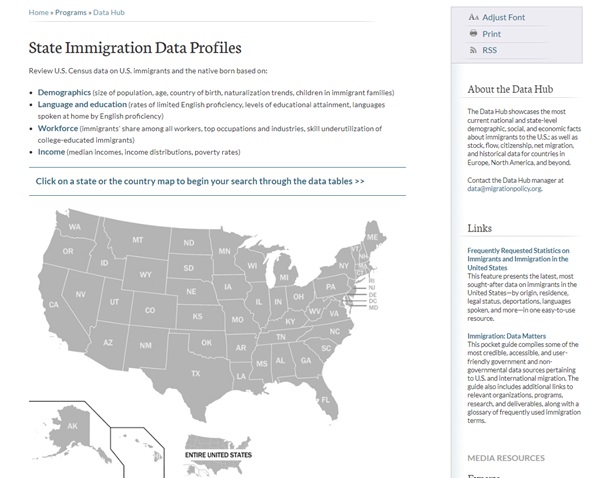The practice of re-using a research survey or measurement instrument (while respecting copyright and giving proper attribution) – especially a validated one – is a common one that everyone (especially research funders) can agree makes research more efficient and cost-effective. For example, anyone familiar with the REDCap electronic data capture tool is likely aware of the REDCap Shared Library that “is a repository for REDCap data collection instruments and forms that can be downloaded and used by researchers at REDCap partner institutions“. Even NIH survey materials like the NIH’s All of US Programs are available for download from there.

Even though a data collection instrument in its entirety often cannot satisfy the unique needs of an original research project, it is still useful to collect the commonly-used individual data elements/variables of an instrument in a consistent and standardized way (that other researchers are also adopting in their own projects) because this makes the data collected for diverse studies more interoperable (i.e. increases the potential for this information to be shared/combined in future research projects).
And “the use of particular standards to enable interoperability of datasets” is an important component of the 2023 NIH Data Management and Sharing Policy, which aligns with the FAIR data principles – see:
“NIH has issued the Data Management and Sharing (DMS) policy (effective January 25, 2023) to promote the sharing of scientific data. Sharing scientific data accelerates biomedical research discovery, in part, by enabling validation of research results, providing accessibility to high-value datasets, and promoting data reuse for future research studies.“
This brings us to the NIH Common Data Element (CDE) Repository, which is “hosted and maintained by the National Library of Medicine (NLM)”. To encourage the use of Common Data Elements (CDEs) and make it easier for researchers to identify CDEs that might be useful for their research project, NLM has created this searchable repository/catalog that users can freely access online.
Users can search for individual CDEs or multiple CDEs that are curated into Forms. The search can also be limited to NIH-Endorsed CDEs, which are CDEs that have “been reviewed and approved by an expert panel, and meet established criteria”. Furthermore, “NIH-recognized bodies (institutes, research initiatives, etc.) may submit CDEs to the NIH CDE Governance Committee for consideration for endorsement” via the Repository’s homepage – see:
NIH Common Data Element (CDE) Repository – https://cde.nlm.nih.gov/home

From the NIH CDE Repository User Guide: https://cde.nlm.nih.gov/guides
“The NIH CDE Repository uses the Unified Medical Language System (UMLS) Terminology Service (UTS) Sign on Service which lets you set up an account and sign in using your NIH credentials, your account with a research organization, or a personal account such as Google, Microsoft, or Login.gov.
A user account is not required to browse the NIH CDE Repository, but when you are signed in, you will have expanded access to features. User account holders can create Boards and save CDEs and Forms to them, remember your preferences on all your devices, and if approved, become a curator, and view/manage your organization’s content. Users with NIH credentials can choose to see CDEs of any registration status – including previewing draft CDEs that have not yet been published.”
NLM also offers these CDE training options where you can learn more:
- Self-paced Tutorial: Common Data Elements: Standardizing Data Collection (~1 hr)
- Guide to the NIH CDE Repository
- Recording of past class: Standardize Your Research Data with the NIH Common Data Elements Repository (90 minutes)
Questions? Ask Us at the MSK Library!



